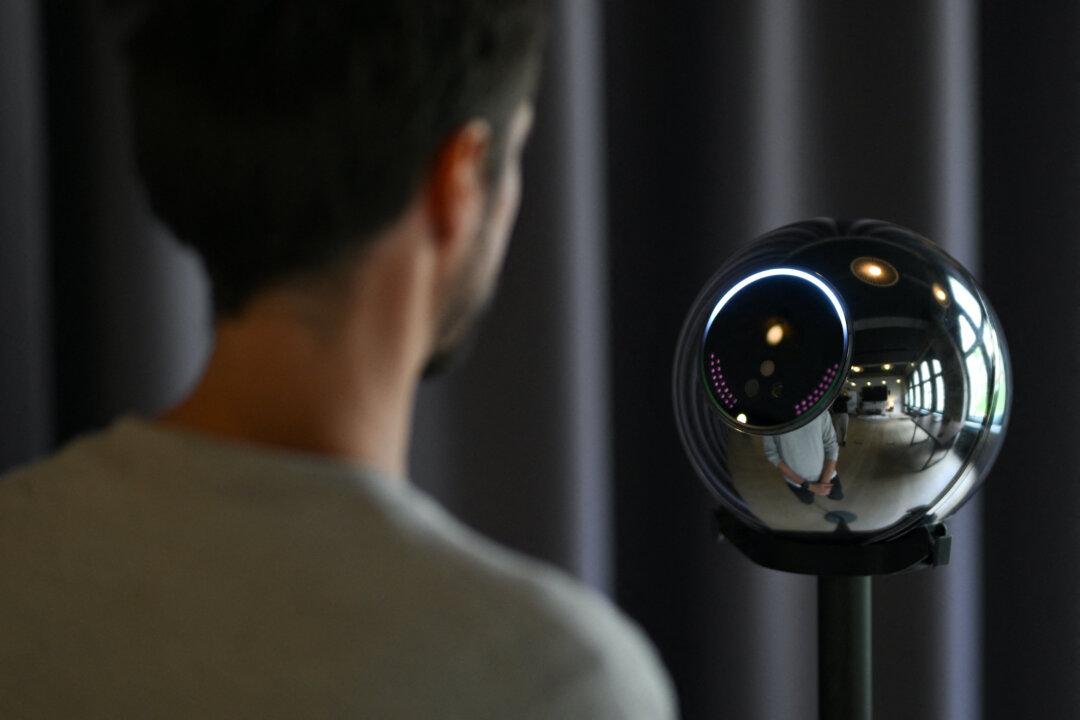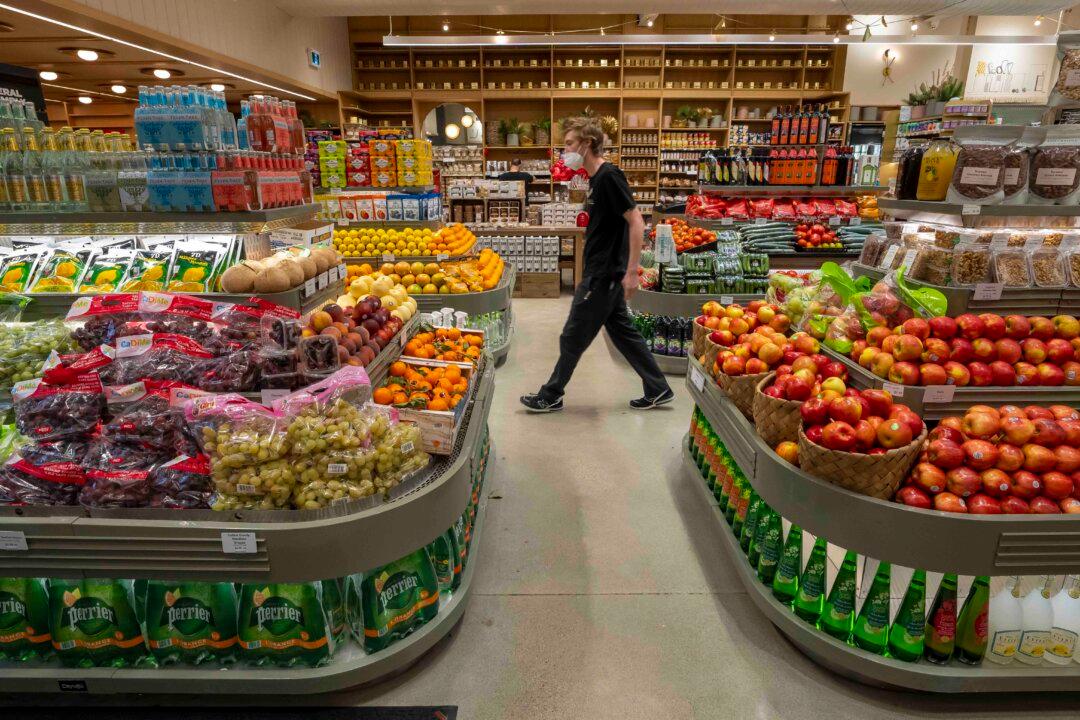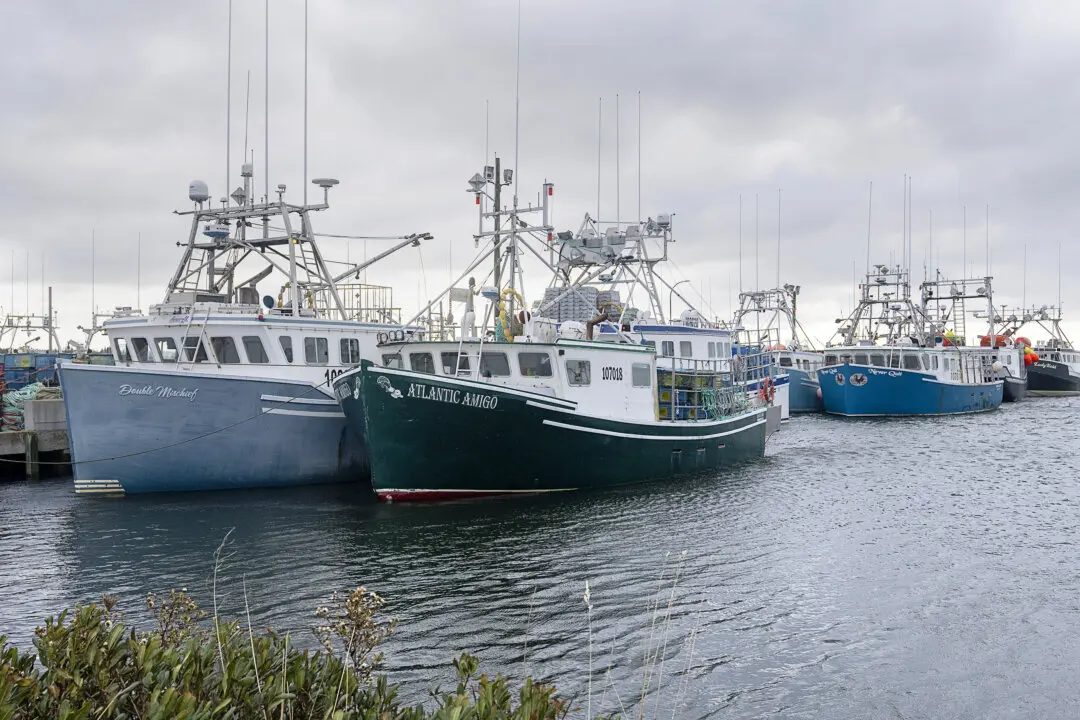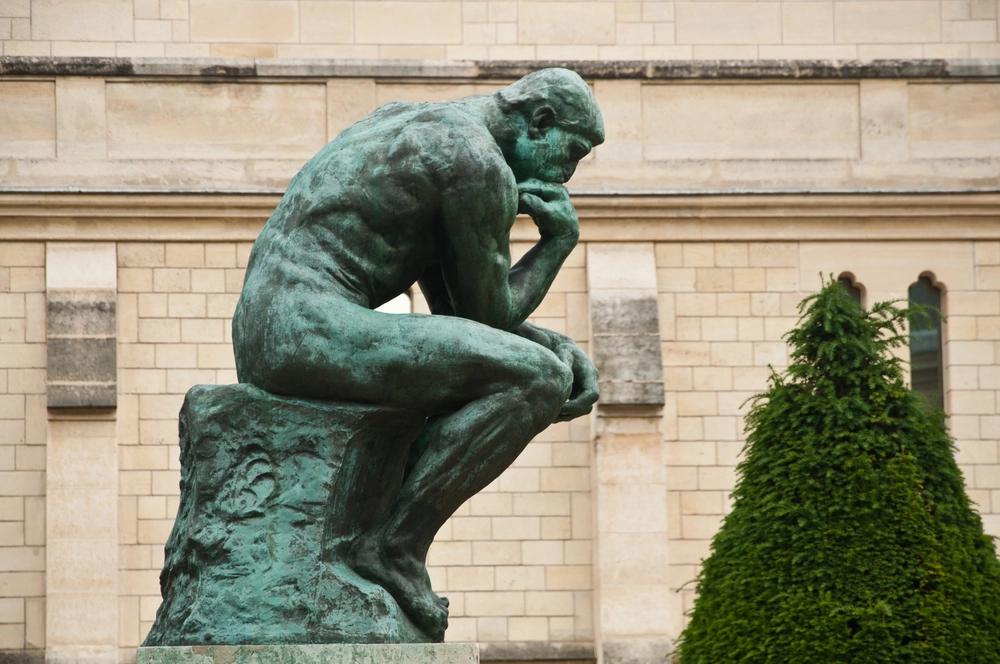Commentary
My country ‘tis of thee, sweet land of liberty… No, sorry. That’s an American song. Our version’s about socialized medicine or something, isn’t it? Actually no. It’s about the “True North Strong and Free” and, to be inclusive but militantly anti-woke, that bit in the original French: “ton bras sait porter l’épée/ Il sait porter la croix!” But the demand that we show our papers on demand may require some new lyrics.





